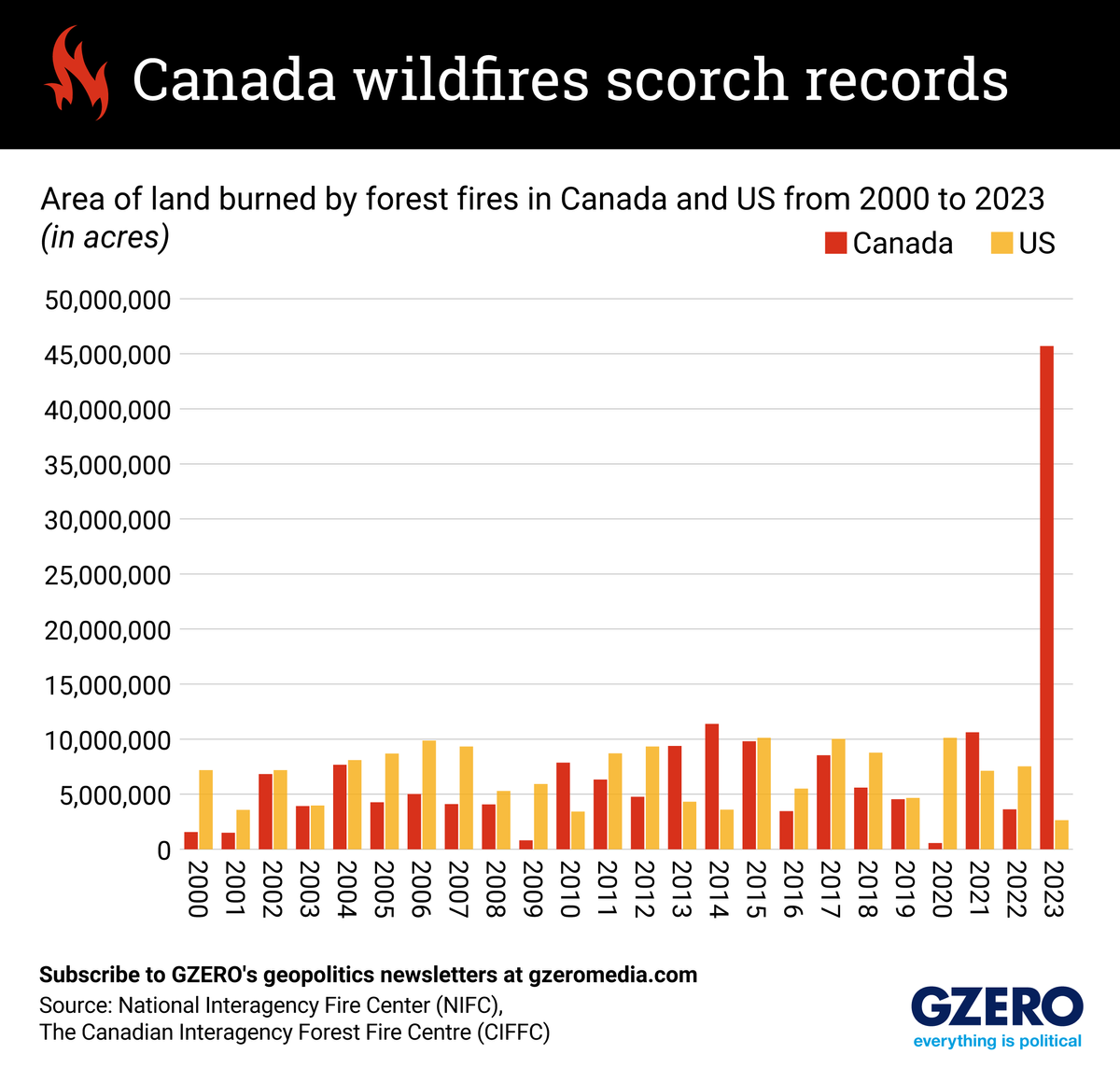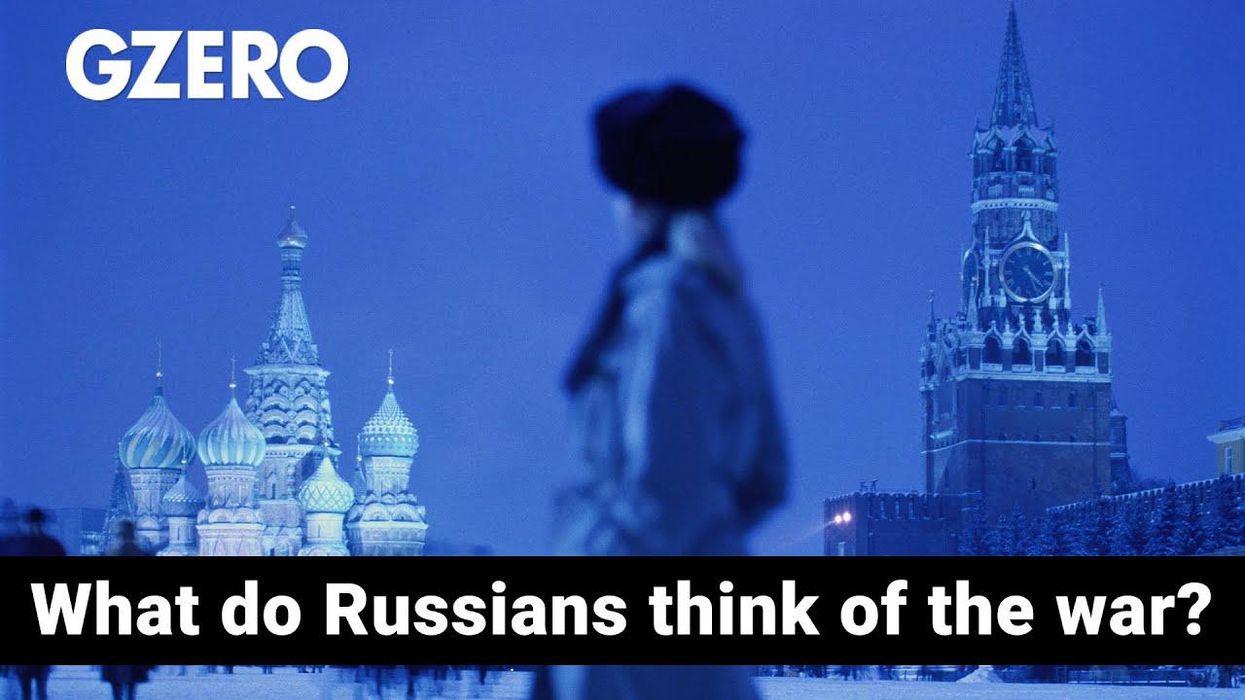As the weather warms, the US and Canada are bracing for the potential of another record-breaking wildfire season. Canada’s 2023 wildfire season was the most destructive on record, with more than 6,000 fires tearing through tens of millions of acres and blanketing the US East Coast and Midwest in smoke.
Meanwhile, the US saw the smallest number of acres burned in more than two decades last year, thanks to high levels of precipitation and snowfall, which kept the West mostly out of trouble. But it also experienced its deadliest wildfire in over a century in Maui, Hawaii.
Canada's federal officials are warning that this season could be even worse. Warm fall and winter conditions, combined with droughts and next to no snowfall from December to February in essential areas like southern British Columbia and the Prairies impact soil moisture levels, raising the risk of fires.

















